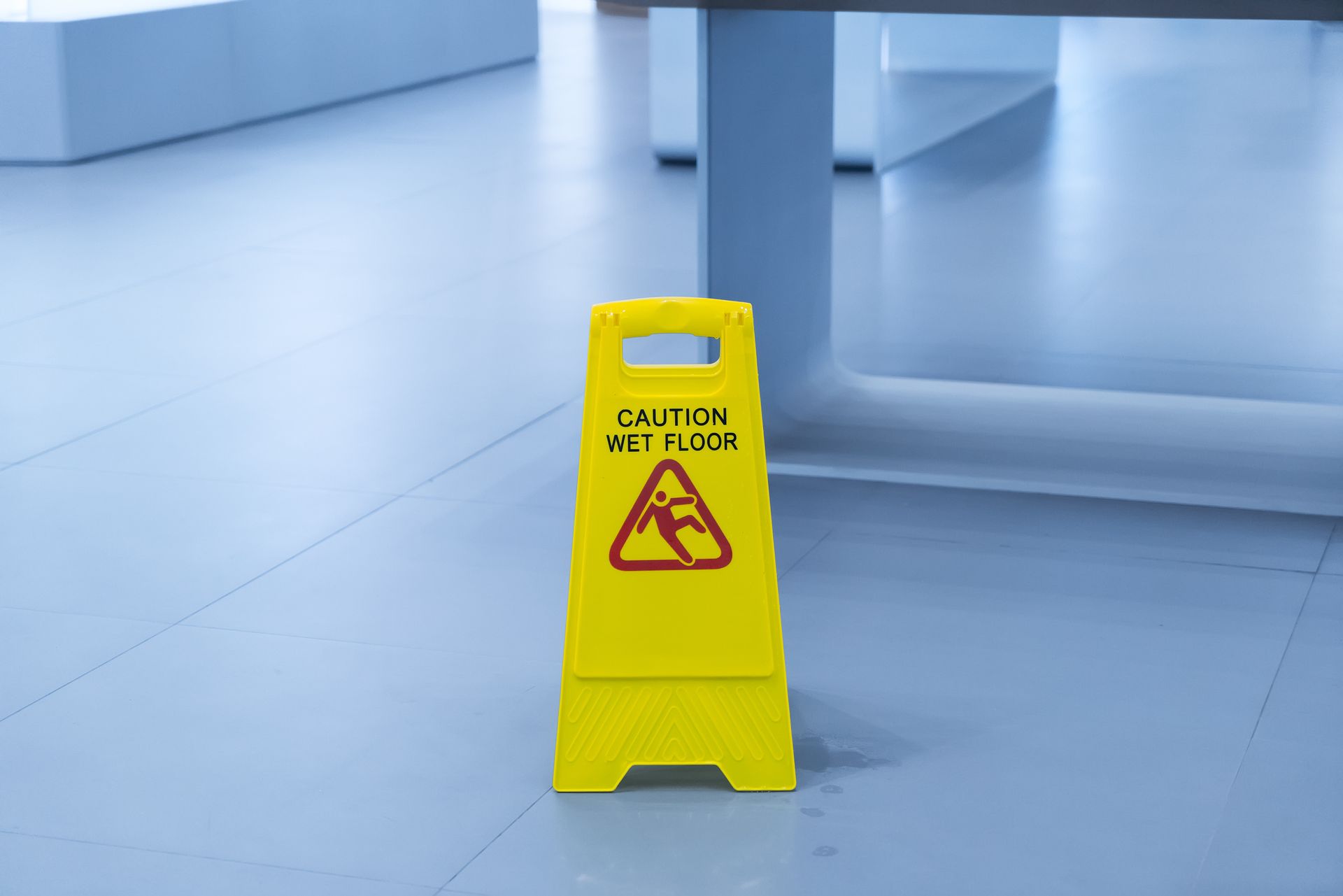Understanding the Statute of Limitations for Car Accidents in Florida
Understanding the Statute of Limitations for Car Accidents in Florida
Being involved in a car accident can be a traumatic experience, and dealing with the aftermath can be overwhelming. One important aspect to consider when it comes to car accidents is the statute of limitations. In Florida, there are specific time limits within which you must file a lawsuit if you have been injured in a car accident. At Edwin P. Randolph Attorney at Law, we understand the complexities of personal injury cases and can assist Tampa residents with navigating the legal process.
The statute of limitations for car accidents in Florida is typically four years from the date of the accident. This means that you have four years to file a lawsuit seeking compensation for your injuries or property damage resulting from the car accident. It is important to note that if you fail to file your lawsuit within this time frame, you may lose your right to seek compensation altogether.
In some cases, there may be exceptions to the four-year statute of limitations for car accidents in Florida. For example, if the car accident resulted in wrongful death, the statute of limitations may be shortened to two years from the date of death. It is crucial to consult with an experienced personal injury attorney who can assess your case and determine the applicable statute of limitations.
If you have been injured in a car accident in Tampa, it is essential to act quickly and seek legal representation as soon as possible. At Edwin P. Randolph Attorney at Law, we have extensive experience handling personal injury cases and can help you navigate the legal process effectively. Our team will work diligently to gather evidence, negotiate with insurance companies, and fight for the compensation you deserve.
When it comes to personal injury cases involving car accidents, having a skilled attorney on your side can make all the difference. We understand how overwhelming it can be to deal with injuries, medical bills, and lost wages following a car accident. Our team is dedicated to providing compassionate and personalized legal representation to help you move forward with confidence.
Understanding the statute of limitations for car accidents in Florida is crucial if you have been involved in an accident. With a four-year time limit for filing a lawsuit, it is essential to act promptly and seek legal guidance from experienced attorneys like those at Edwin P. Randolph Attorney at Law. Our team is here to support Tampa residents through every step of their personal injury cases and fight for fair compensation on their behalf. Don't wait until it's too late – contact us today for a free consultation and let us help you get the justice you deserve after a car accident.











